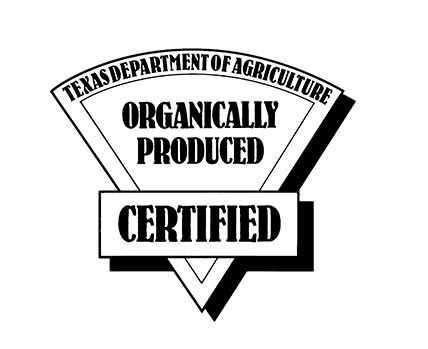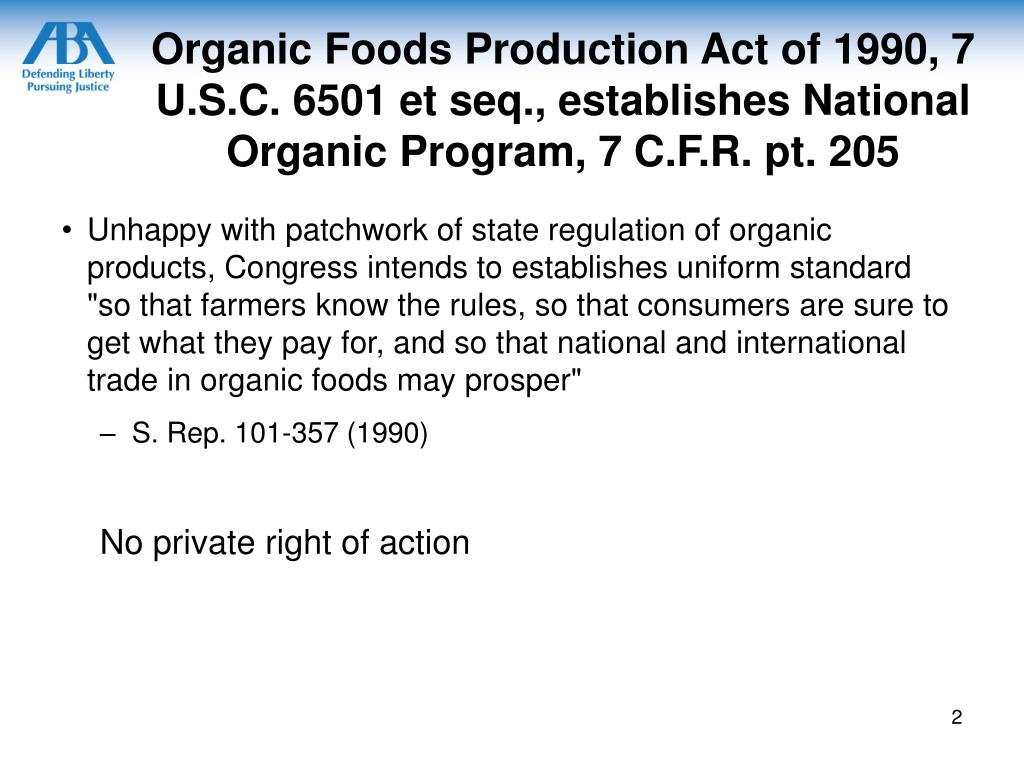
Texas Organic Label First in Nation
First Texas official Organic Label
Texas was first State to certify an Organic Label for produce.
That’s right—TEXAS! In 1987, the Texas Department of Agriculture established an official State label guaranteeing that the produce was organically grown. It is a little known fact. It is so little known that it has almost been completely written out of the history books.
People’s History in Texas unearthed this nearly buried fact in our interviews that have been tracing the accomplishments of the Texas Department of Agriculture during the glory years of the Jim Hightower administration, 1983-1991.
Susan Kaderka went over the details in a recent interview and oral history with PHIT.
Kaderka joined the TDA in 1983, having shifted over from the House Study Group. Officially, at TDA, she was in charge of Weights and Measures. In the old days… and well, let’s be honest, the current days… that sleepy, dusty outpost of Weights and Measures was responsible for egg inspections, gas pumps, and calibrating meat scales at grocery pumps. Boring!!
But…the 1980s TDA added organic certification to that mundane list and, thereby became the FIRST state in the nation to offer an organic label that consumers could trust.
Concern over the quality and purity and health of vegetables and produce began with the Rachel Carson expose on pesticides and pesticide problems. Religious groups like the Mennonites in the Pennsylvania area had been farming organic since…well…Biblical times. Other fringe groups had been advocating for the quality of the earth since the turn of the century. Of course, beginning in the 60s, hippies and anarchists demanded fewer capitalist chemicals in their food.
But for someone who didn’t own their own farm or personally know the farmers, it was hard to know what was in their food. Groups of farmers on the West coast, such as the California Certified Organic Farmers, created standards, but they could only enforce the standards for their small group of members. Non-members made up their own definitions of organic, and marketed their products as organic as well.
So an organic label was effectively meaningless.

The 1980s TDA transformed the Organic label into a marketing tool to promote Texas agriculture, and specifically, smaller, family farm agriculture.
Susan Kaderka recalled the surprise of the California organic farmers.
“Dan Kelly and I took a trip out to California to visit with the California Certified Organic Association. We set up meetings and, after we got copies of their standards, we toured an organic farm. The state of California did not certify organic food at that time— it was the Growers Association that did that. So they were fascinated with the idea that the state of Texas— which they didn’t consider to be, you know, as cool as California—that the state of Texas was interested in this, and bringing the power of the state behind it… they were just shocked by that.”
“We didn’t make law. That was the point of it. We developed a little logo that said Texas Organic. Growers had to submit to an inspection. And we hired Keith Jones to be the Program Director. But he was the actual on-site inspector and he would go out to farms and conduct this inspection, to verify their practices and to give them the green light to start using this logo. It was an inspections based marketing program.
So, we didn’t have to pass any laws. We just had declare that we had this label that people could use. Keith was doing these inspections. As the program matured, we eventually trained other inspectors.”
Other states started duplicating the effort—because honestly, who wanted to get upstaged by Texas. According to Koderka, “Texas recognized early on that we needed national legislation to harmonize the definition of organic, so consumers would be able to trust what they were buying at their grocery store, even if it didn’t come from Texas. We started working with Senator Leahy’s staff, especially Kathleen Merrigan. I think we shocked ourselves when we got the very conservative National Association of State Departments of Agriculture to back Senator Leahy’s bill, and testify in favor of it. That was a sea change, driven by consumer demand.”

Keith Jones and Jim Hightower went to Congress to testify. Hightower, in his Texas drawl, explained to the Senate, “We have developed this organic certification program in Texas in 1987, providing this label that can be used by the farmers and by the marketers of a Texas Department of Agriculture Certified Organic product.
We, as a State agency, do the inspections on farm. It is a requirement, and Keith, you can add to this if you want, but it is a requirement of 3 years pesticide free.
We had 30 farmers certified in March 1989. Today, we have 140 farmers certified. That is a 450 percent increase in a single year, and we expect 250 farmers to be certified by the end of this year. Farmers are moving dramatically into this. We will have about 1,000 percent increase in the volume of organic production moving into the marketplace this year, and that does not begin to reach the actual potential that is out there.
These are, as I indicated to you yesterday, not just balloon flying hippies out there with half an acre and wanting to do what is right. These are mainstream farmers who are beginning to make this conversion.”
Hightower offers the example of Jim Crawford who was a farmer in Muleshoe, Texas. “Seven years ago, he was losing money in the traditional production techniques_ about to go under. So he decided to switch to organic just to stay afloat, because it promised to reduce his input costs and promised a higher market price at the time. It took him about 3% years to convert. We got him certified about 1987 and it is working. He is getting substantially higher yields today than his neighbors do. You can test his soil and go right across the road and test the soil there. There are substantial differences, in fact, unbelievable differences in soil quality and till.”
The Leahy Organic Bill passed in 1990. The USDA foot dragged, of course, and it took until the next century to devise and approve standards.
The Hightower TDA deserves credit for pushing the standards. The Chemical lobby, the USDA, the established industry didn’t like it. The TDA received a lot of blowback.

Susan Kaderka recalls Texas A&M University being particularly unhappy. “Yes. I remember them having a meeting with Hightower where they just ripped into him. I mean, they were just furious with him because they thought that the very fact of organic… of there being a label for organic agriculture… essentially cast aspersions on conventional agriculture and and it was suggesting that growing without pesticides was better for people and they were just outraged that the Agriculture Commissioner, who they considered their advocate at the state level, was doing this.
Hightower, his attitude was— there’s a market for this, people want this, and so if there’s a market for it, and if Texas growers are producing it, then it’s fine to promote it. So he did. He got a lot of pushback from it, but, we just kept going.”
Kaderka is still surprised at how effective they were. “I’m proud that Hightower allowed us to do this…to really participate in a a vigorous and robust way in national discussions and actions not only around food safety, but also organic agriculture and sustainable agriculture in general.”
“With the state organic standards, I felt like we gave a big push to organic production.”